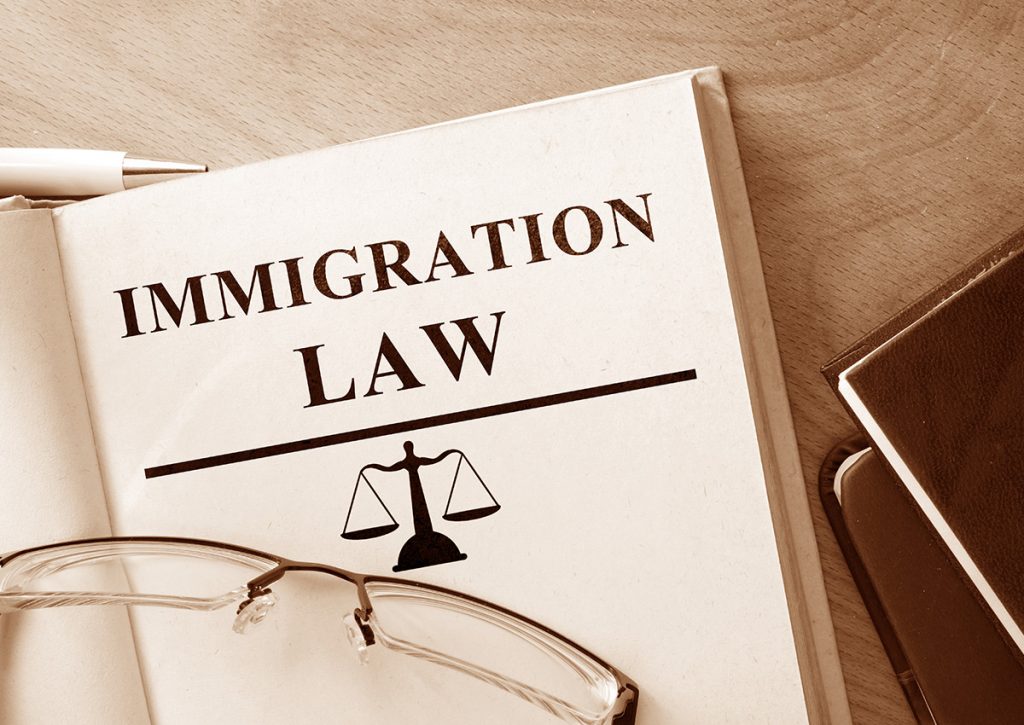Pre-Removal Risk Assessment (PRRA)

A PRRA is an application made by a person to remain in Canada on the basis that they would be at risk of physical harm if they get deported to their country of nationality.
There are some restrictions on eligibility, for example people who have been found to be a danger to the Canadian public are not eligible for a PRRA. Unsuccessful refugee claimants are not eligible a PRRA unless more than a year has lapsed from the rejection of their claim.
How Do I Apply For A Prra?
A PRRA cannot be initiated by the applicant.
An applicant must first be served with a PRRA by a member of the Canada Border Services Agency (CBSA).
Because a PRRA is meant to be completed as a final procedure prior to the execution of a deportation order, CBSA that provides an individual with the opportunity to make a risk assessment.
If you have the opportunity to apply for a PRRA, it is vital that you obtain legal counsel as soon as possible. The chance of a PRRA being approved is very low without the help of an experienced professional.
What Happens If My Prra Is Accepted?
If your application for a PRRA is successful, you will be entitled to become a permanent resident of Canada as a protected person.
What Happens If My Prra Is Refused?
Individuals who seek Canada’s protection can make a Refugee Claim if they are in Canada.
A refugee is a person who fears persecution in their home country on the basis of their race, religion, nationality, political opinion, or particular social group. Refugee status can also be established if a person can show a risk to their life or of cruel and unusual treatment or punishment, or a risk of torture in their home country. The risk faced by the refugee must be a personal one, and not one related to a general risk in the home country. Moreover, the risk must also be one that the police authorities in the home country are unable or unwilling to protect the refugee claimant from.
In most circumstances, refugees must enter Canada before making a refugee claim. Refugee claims can generally only be made from outside Canada if the refugee claimant has already obtained refugee designation from the United Nations High Commission on Refugees (UNHCR).
A refugee claim by a person in Canada is made to the Refugee Protection Division (RPD) of the Immigration and Refugee Board (IRB). The IRB/RPD is an independent government tribunal which acts like a court to decide who will be granted refugee status.
If your PRRA has been rejected, you may still have an opportunity to seek judicial review of the refusal of your application at the Federal Court of Canada.
Given that a PRRA refusal usually is succeeded by the execution of the removal order, it may be necessary to file an application to stay the execution of the removal of your removal order in the Federal Court.
